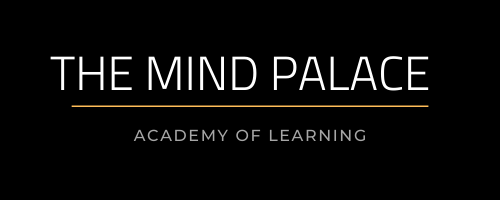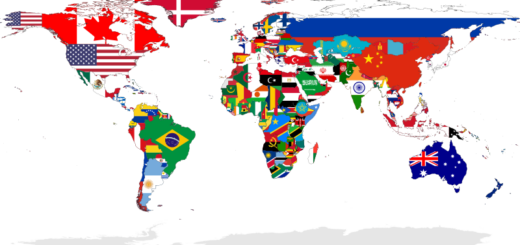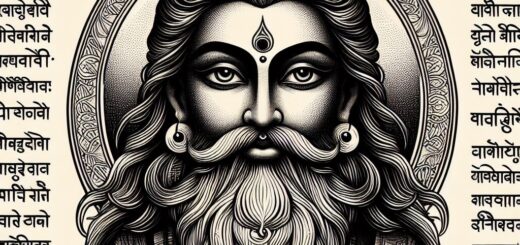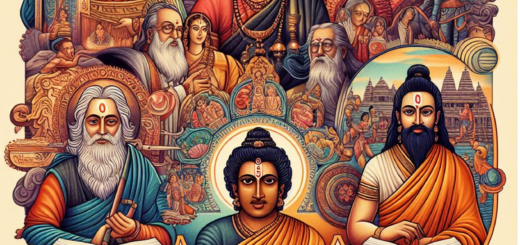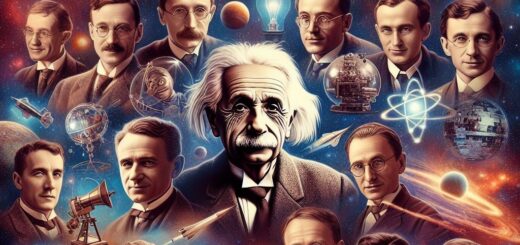Introduction to Economics
Summary of Introduction to Economics
Exercise to introduction to Economics

Summary
The word “economics” comes from the Greek words “oikos,” meaning “household,” and “nomos,” meaning “management”. Thus, economics refers to the art of “household management” that involves using the available means to satisfy the basic needs of the family as well as to prosper. The organization of economic activities is called ‘economy’.
Importance of the Study of Economics
- Recognize the scarcity of resources against the unlimited wants;
- Prioritizing the use of resources and identifying more important and less importation
- Economize (save) on the use of resources and search for more
- efficient ways of using the resources;
- Engage in economic activity to support family as well as the country;
- Contribute to government’s revenue and assist it in discharge of its developmental and welfare programmes;
- Understand socio-economic problems of the country like poverty,
- unemployment, inflation, etc., and try to provide solutions to the same; and
- Suggest better policies and better ways of implementing policies
- for bringing about desired growth and development of the country.
Economic Activities
Most of the goods and services that we use everyday are limited in supply, and hence are not available free of cost. These goods and services are called economic goods and services.
The varied activities which we perform in order to earn money and wealth.
i. Production: Production activities are those that produce goods and services. For ex: agriculture, animal husbandry, fishing, mining, forest development, different kinds of industries, transport, communication etc.
ii. Consumption: Goods and services are produced for consumption.Man satisfies his wants by buying goods and services. All these activities are known as consumption activities.
iii. Exchange: The producers produce goods for the consumers. There is a marketing system to supply the produced goods to the consumers. In this system, activities of collection of goods, transportation, selling and buying take place.
iv. Distribution: The income that is earned through the production of goods has to be distributed to the various factors of production (land, labour, capital and entrepreneurship or organization) that have enabled the production. This process involves activities undertaken to determine the price of the factors of production. Steps have to be taken to ensure that the income earned is distributed among all factors in a just manner.
Micro and Macro Economics
Study the different activities, it is divided into two broad branches called as ‘Micro’ and ‘Macro’ economics.
Micro Economics :The word micro means very small and micro economics implies
study of economics at a very small level. Micro economics is the study of decision making to use resources by the smallest components of the society, namely individuals, households and business firms.
Macro Economics
The word macro means ‘total’ or ‘large’. The society or the country or the economy is a very large entity compared to an individual. Some decisions have to be taken at such aggregative level. The economic decisions taken at the level of the economy as a whole are the subject matter of macro economics. The economic decisions like collection of
taxes, expenditure on public amenities and welfare activities, regulation of inflation, promotion of economic growth, etc. which affect the whole economy fall in the purview of Macro Economics. Such decisions are usually taken by the government.
Exercises
I. Fill in the blanks with suitable words:
- The word ‘Economics’ originates from the Greek root words Oikos and nomos.
- The basic economic problems of every individual is Scarcity and Choice .
- The activities that generate income are Economic activities .
- Micro Economics is the study of units small.
- Macro Economics is the study of units Large.
II. Answer the following in a sentence each:
- What is Economics?
Ans:The word “economics” comes from the Greek words “oikos,” meaning “household,” and “nomos,” meaning “management”. Thus, economics refers to the art of “household management” that involves using the available means to satisfy the basic needs of the family as well as to prosper
2.Define scarcity.
Ans:Scarcity is the basic problem and the central problem of economics.Scarce means limited.When we have the scarcity of money to buy goods and services we choose the most desirable wants or prioritize them in order of importance.List the different economic activities.
3.List the different economic activities.
Ans:Economic activities are 4 types they are
- Production
- Consumption
- Exchange
- Distribution
- When you buy a pen, which branch of Economics analyses your decision?
Ans:Microeconomics analysis of our decision.
5.Define Micro Economics.
Ans:The word micro means very small and micro economics implies study of economics at a very small level. Micro economics is the study of decision making to use resources by the smallest components of the society, namely individuals, households and business firms.
III. Answer the following in three or four sentences each:
- What are economic activities?
Ans:We use our skills and labour to earn money and satisfy our wants by using that money. The varied activities which we perform in order to earn money and wealth for the satisfaction of our wants are called economic activities.
2.Why do we need to study Economics?
Ans:
- Recognize the scarcity of resources against the unlimited wants;
- Prioritizing the use of resources and identifying more important and less importation
- Economize (save) on the use of resources and search for more
- efficient ways of using the resources;
- Engage in economic activity to support family as well as the country;
- Contribute to government’s revenue and assist it in discharge of its developmental and welfare programmes;
- Understand socio-economic problems of the country like poverty,
- unemployment, inflation, etc., and try to provide solutions to the same; and
- Suggest better policies and better ways of implementing policies
- for bringing about desired growth and development of the country.
3.Differentiate between micro and macro economics.
| SL No | Micro Economics | Macro Economic |
| 1 | Study of economics at a very small level | The economy is a very large entity |
| 2 | It is study about individual household and business firms | It is study about welfare activities regulation of inflation etc |
| 3 | The subject matters are interaction of the buyers sellers in market | It is study about unemployment economic growth etc. |
4.What are the basic economic problems?
Ans:What to produce? An individual or a society has to decide about what goods and services to produce. Whether to produce more of food or weapons; agricultural or industrial goods; education or health; consumer goods or machinery.
ii. How to produce? There are different ways to produce given goods. Different combinations of inputs and resources can be used to produce a given amount of goods or service. This is called the technology of production. Whether to use a technology that uses
more labour (labour intensive technology) or capital (capital intensivetechnology) is to be decided by the society.
iii. For whom to produce? Who will get the goods so produced and in what quantities? This is the problem of issue of distribution such that each person should get at least a minimum quantity of goods and services for consumption.
5.What major economic decisions are taken by the government?
Ans:
- Recognize the scarcity of resources against the unlimited wants;
- Prioritizing the use of resources and identifying more important and less importation
- Economize (save) on the use of resources and search for more
- efficient ways of using the resources;
- Engage in economic activity to support family as well as the country;
- Contribute to government’s revenue and assist it in discharge of its developmental and welfare programmes;
- Understand socio-economic problems of the country like poverty,
- unemployment, inflation, etc., and try to provide solutions to the same; and
- Suggest better policies and better ways of implementing policies
- for bringing about desired growth and development of the country.
